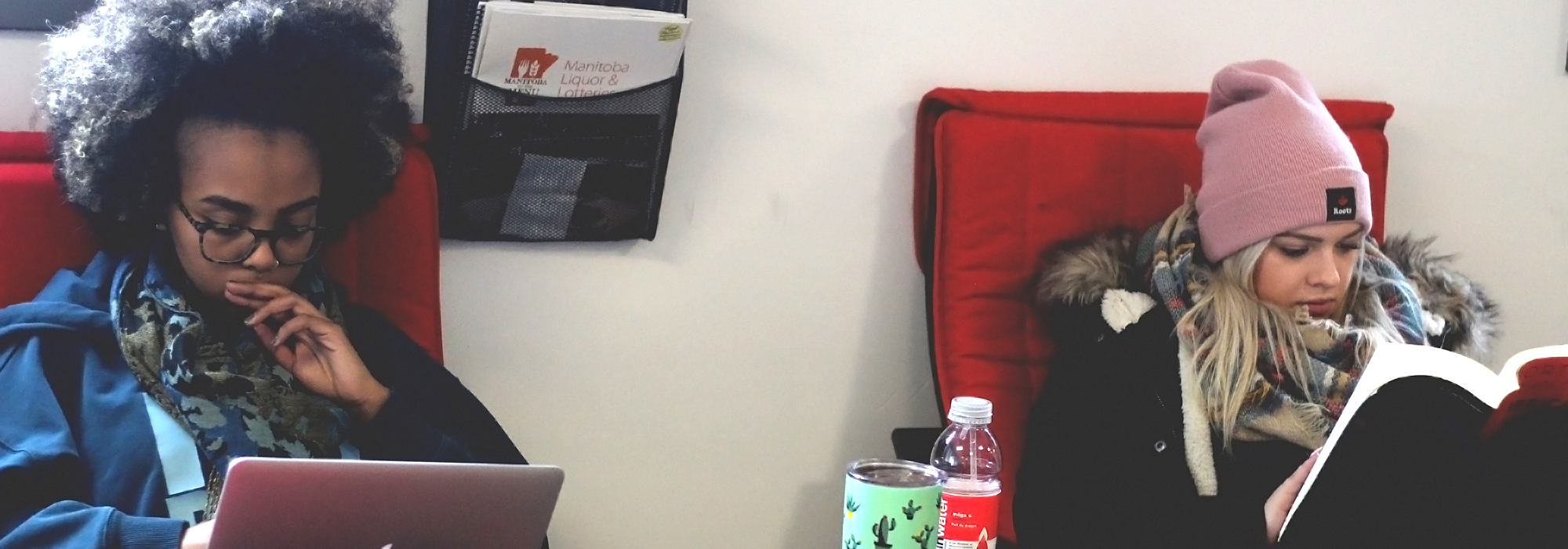
Menno Simons College Blog
Indigenous rights across cultures: Colombia
Posted by CMU Staff | Monday, April 10, 2017 @ 12:00 AM
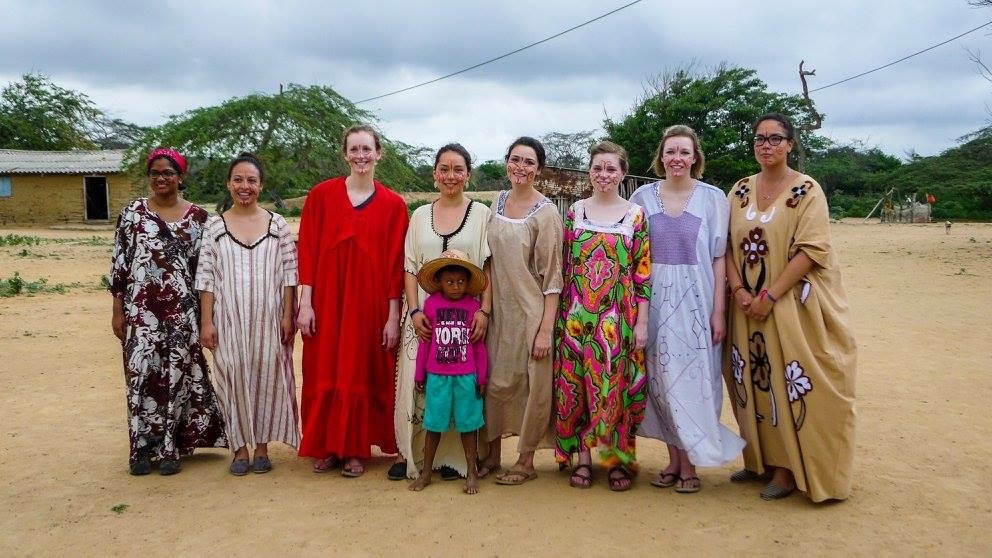
A group of six MSC students joined a Human Rights field course in Colombia for two weeks last spring. Below, students Lizeth Ardila and Teruni Walaliyadde share their experiences of the course, Human and Indigenous Rights in Latin America.
Lizeth Ardila
I decided to take the field course because I wanted to learn about the struggles that Indigenous peoples face in Latin America, and in Colombia specifically. I was born and raised in Colombia, but my knowledge about Indigenous peoples there was limited. Because this was something I never explored while growing up, I became concerned about how Colombia’s educational system neglects its own history. I wanted to experience my country in a different light and learn about how my personal history is connected to its Indigenous peoples.
I was encouraged to see so many youth working in their communities with grass roots initiatives. It was a great opportunity to learn about their approach to empowering youth, which utilized education, art, and music.
We had the privilege of visiting an Indigenous community in La Guajira and learning from the elders, youth leaders, and children there. We also visited some Afro-Colombians communities and learned about the racial and systematic discrimination they face. It was a fulfilling learning experience which left me with many reasons to come back and learn more from this beautiful country.
It was hard to say goodbye to the children in La Guajira. My experience with them put into perspective my own privilege and I learned from them.
Teruni Walaliyadde
As a double major in Human Rights and Conflict Resolution, the Colombian field course was the perfect opportunity to travel to a country struggling with civil unrest. Being brought up in Sri Lanka, a country that had civil unrest for nearly three decades, I am familiar with its negative consequences.
Our first destination was the coastal city of Cartagena, where we had lectures at the University of Cartagena. Then we travelled to La Guajira and visited different communities, including Palenque, Nelson Mandela Community, and the Wayuu Community.
The variety of fresh fruits that were available was astounding. The heat was astounding as well! I found the Colombian people extremely hospitable and welcoming. I also learned that a single lunch portion was sufficient to feed two people. Hence, there were a lot of sharing of food.
As students from Canada, we were privileged in Colombia. The realization that many of the communities we visited struggled with claiming their rights was overwhelming. The preamble of the Universal Declaration of Human Rights recognizes the, “inherent dignity and the equal rights of all members of the human family.” However, being in Colombia made me realize that international conventions and treaties are not universal. Local legal frameworks do not apply to all Colombians in the same manner. It was clear that power and wealth bought impunity, while the poor and marginalized, such as the Wayuu, struggled with basic necessities like access to water.
Visiting the world’s largest open air coal mine was the most aggravating moment for me because the information presented to visitors was portrayed through a positive lens. Our questions regarding the negative aspects of coal mining were met with agitation. Later, we found out that much of the information we received at the coal mine was untrue.
The hospitality and accommodation at our hostel were amazing. We had fresh mango juice any time of day! The restaurant opened on a holiday just so we could relax and dance. They even went the extra mile and bought Canadian and Sri Lankan flags to denote our presence, showing that I was the first Sri Lankan to visit the hostel.
I enjoyed the welcome we received from the Wayuu community, one of sincere love. As a preschool teacher, I enjoyed being around the children. When the elders spoke about their traditions and rituals, I felt nostalgic because some of them are similar to my own customs from Sri Lanka. By the end of our time there, I felt a sense of connection to their culture and people, and it was a difficult goodbye.
I left Canada with a couple of friends and returned with many!
Lizeth Ardila is studying International Development and Conflict Resolution. Teruni Walaliyadde is doing a double major in Conflict Resolution and Human Rights.
Faculty: In Their Own Words
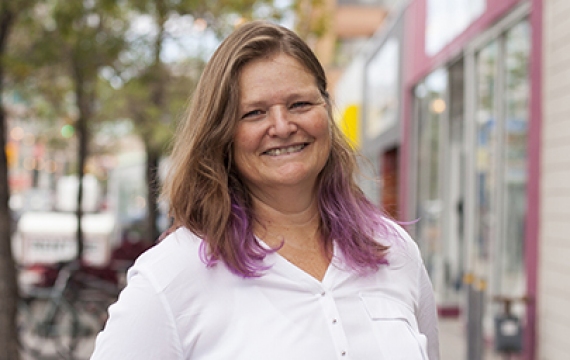
Karen Ridd, Teaching Associate Professor, Conflict Resolution Studies
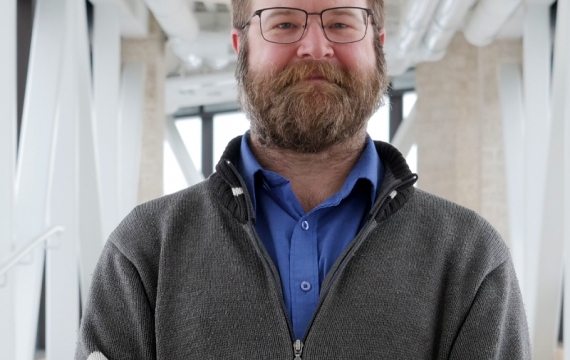
Dr. Jonathan Sears, Associate Professor of International Development Studies
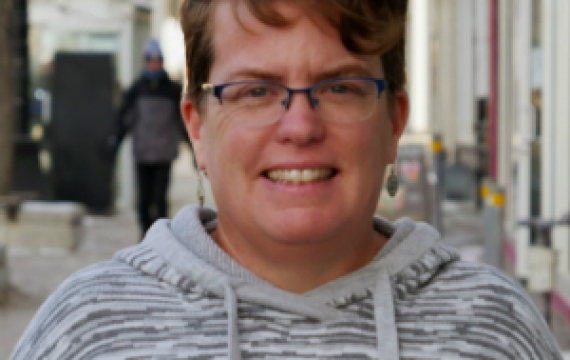
Dr. Jodi Dueck-Read, Assistant Professor of Conflict Resolution Studies
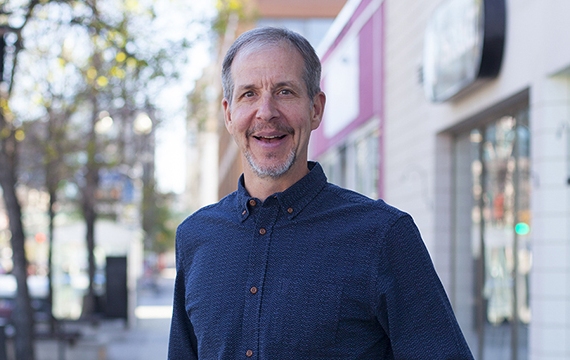
Dr. Jerry Buckland, Professor of International Development Studies



 Print This Blog Post
Print This Blog Post